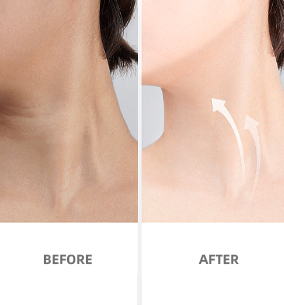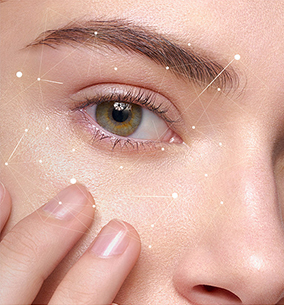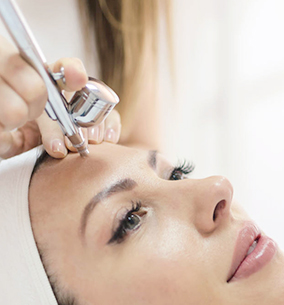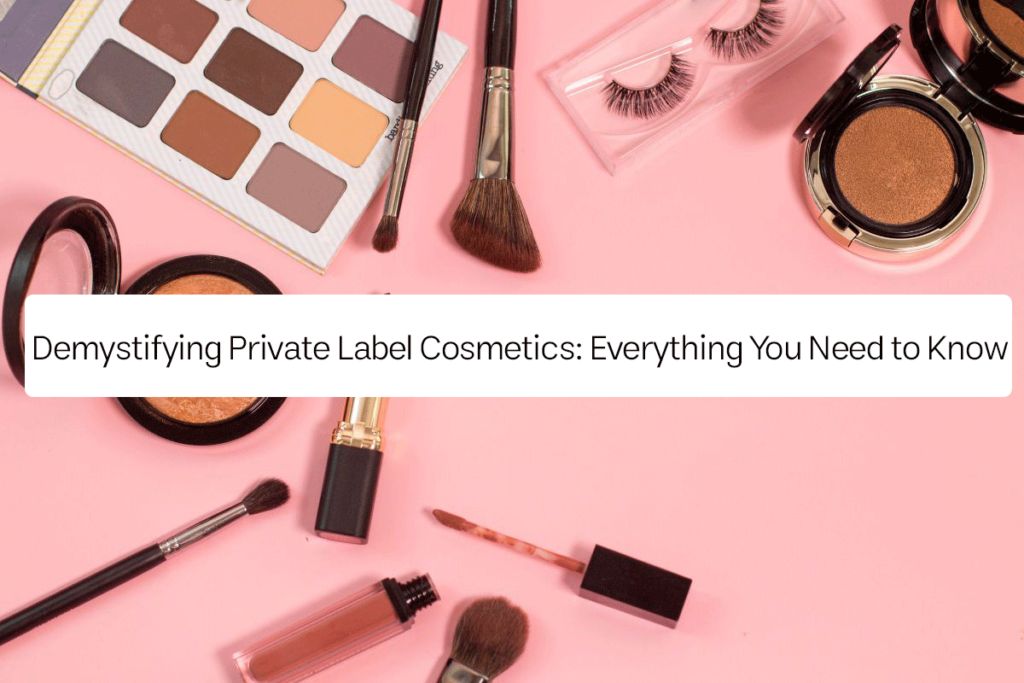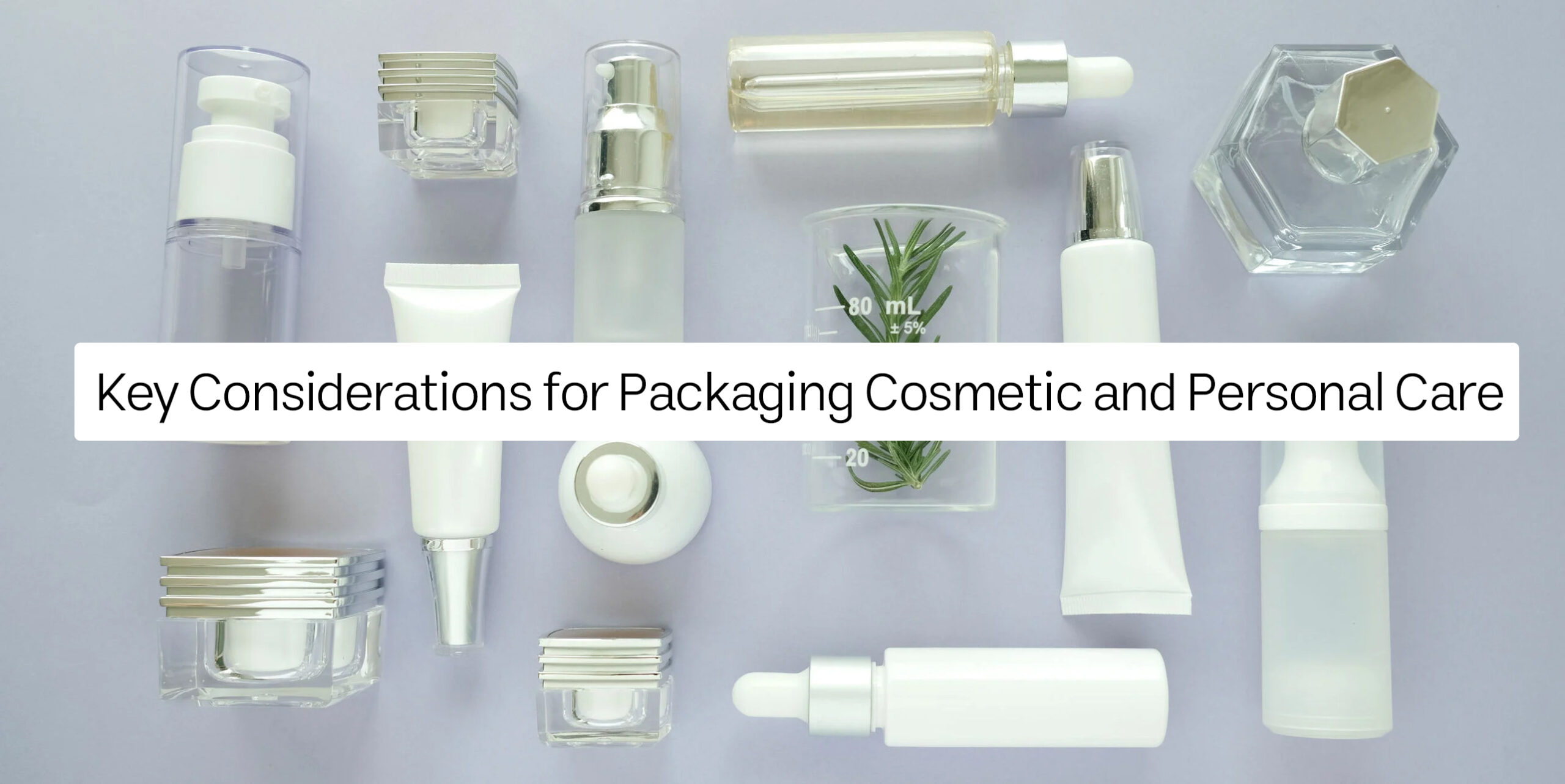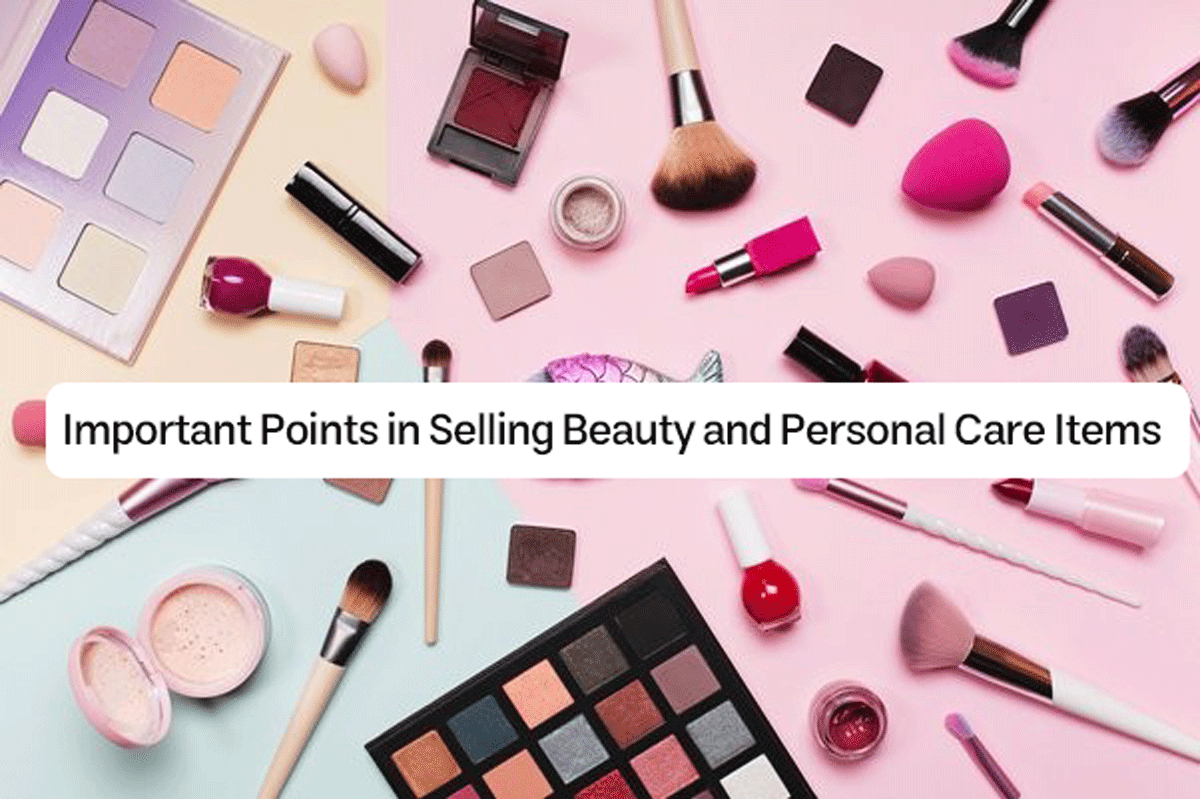Demystifying Private Label Cosmetics: Cosmetics produced under a company’s private label as opposed to a national one. Customization, savings, control, quick time to market, and increased profitability are the benefits. Minimum order quantities, expenses associated with packaging and labeling, adherence to regulations, inventory control, promotion, and brand development—private label cosmetics give companies the opportunity to provide customers with unique, reasonably priced goods. It does, however, also come with up-front costs and operational difficulties that need to be properly handled. Follow us for more information about cosmetics private labeling.
Defining Private Label Cosmetics and Their Significance
What is meant by “private label cosmetics”? Private-label cosmetics are goods that are produced by one firm and marketed under the trademark of another. These are frequently less expensive substitutes for national brand-name cosmetics. Cosmetics private labeling importance gives customers more cheap alternatives, gives companies more control over the production process, enables faster time-to-market than in-house development, and increases profit margins for the brand owner. It also lets brands modify goods and packaging. Cosmetics private labeling have grown in popularity as a tactic for both well-known and up-and-coming beauty firms trying to provide customers with unique, reasonably priced goods.

Definition and Concept
The fundamental qualities or meanings that characterize and define a certain idea or thought are referred to as the concept’s definition. It delineates the essence and bounds of the concept’s representation. The abstract notion or mental image that encapsulates the essential characteristics of a subject, object, or phenomenon is called the concept itself. Defining and conceptualizing reduce complicated information into logical mental constructions, enabling us to categorize, arrange, and make sense of the world around us. It’s critical to establish precise definitions and well-developed ideas in order to promote comprehension in a variety of academic, professional, and everyday situations, as well as to enable logical thinking and effective communication. Defining and conceptualizing entails combining pertinent data, pinpointing essential characteristics, and honing in on the main ideas of the description.
Related Article: Understanding the Costs of Private Label Cosmetics: A Comprehensive Guide
What types of cosmetics can be private labeled?
Items sold under a retailer’s own brand name but produced by a third party are known as private label items. Everything about the product or items, including their specifications and packaging, is under the retailer’s control. One of the most successful e-commerce business strategies is progressively turning into the sale of private-label brands and goods. In actuality, private label consumer packaged goods (CPG) accounted for approximately 20% of total CPG sales in the US in 2020, with sales of $158.8 million.
How do I choose the right private label cosmetics manufacturer?
Do your homework to find the manufacturers of cosmetics that best fit your demands and brand before selecting one. Important things to think about are: Select a company that puts quality first by carefully selecting and testing ingredients to produce superior products. Look for a manufacturer who has the know-how to translate your concepts into superior skincare and beauty items that complement your brand’s core values. Look for a manufacturer that can create unique formulae, comprehend your brand, and handle any possible problems with ability. By carefully weighing quality, experience, and services—the three most important factors—you may choose the best manufacturing partner for your private label cosmetics.
Private Label Cosmetics Explained: A Beginner’s Guide
Cosmetics marketed under another company’s brand name but made by another are referred to as private-label cosmetics. This enables companies and merchants to provide specialized cosmetics that are tailored to their intended consumer base. The ability to produce distinctive, Branded Cosmetics Manufacturing, the possibility of bigger profit margins, greater control over product development and branding, and the chance to set oneself apart from rivals are the main advantages of private label cosmetics.
Selecting a reliable cosmetic manufacturer is usually the first step in the private-label cosmetics procedure. Working together on product packaging and formulations, obtaining authorization from authorities, and promoting and branding the goods under a private label, beginners may establish a Branded Cosmetics Manufacturing line and enter the cosmetics business at a reasonable price by using private labeling. Businesses of all sizes may find private-label cosmetics to be an appealing alternative with the correct manufacturer partner and marketing plan.
Related Article: Top Private Label Skin Care Manufacturers: A Comprehensive Guide
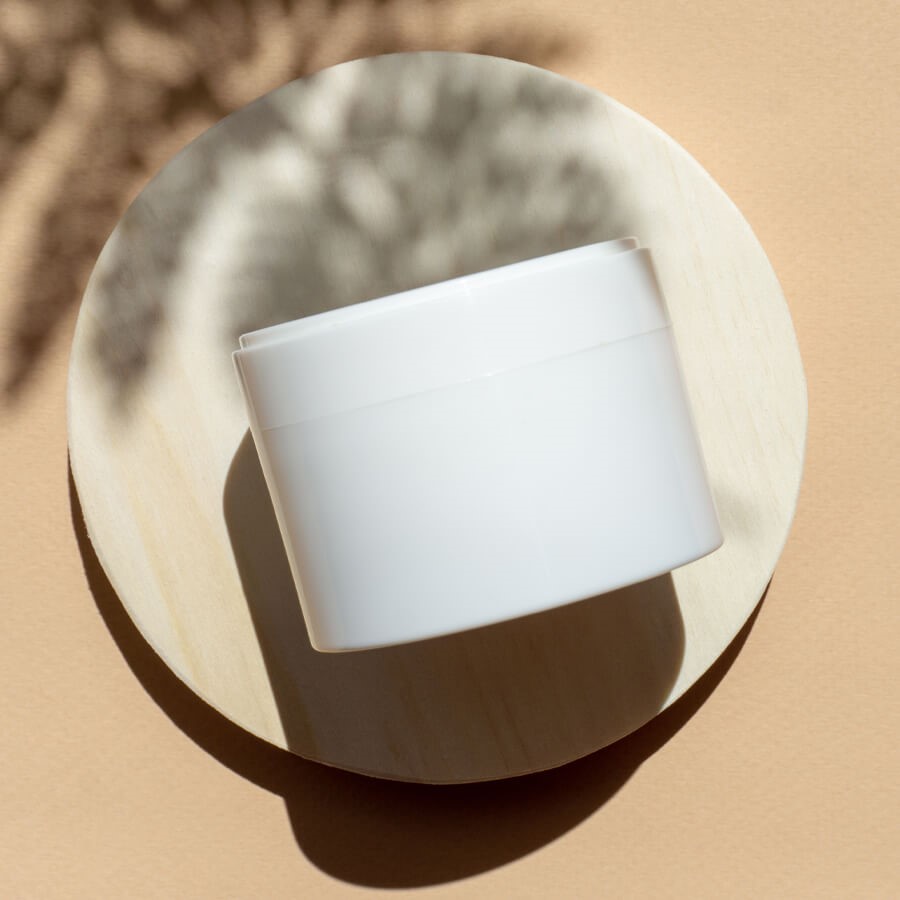
What Are Private Label Cosmetics?
Cosmetics marketed under a different brand name but created and manufactured by a different firm are referred to as cosmetics private label. They can be tailored to fit certain requirements or pre-made and ready for branding. Private label cosmetics offer a convenient means for firms to easily extend existing product lines or introduce new ones, thanks to their low minimum order numbers and fast turnaround times.
The Process of Private Label Cosmetics
Determine your target market and company needs first. Choose the precise product categories and formulas you wish to provide, and learn about the needs and preferences of your target market. Locate a reliable manufacturing partner next. Make sure that prospective manufacturers are qualified by carefully examining their qualifications, expertise, and capacity to manage product development, packaging, and legal compliance. Work closely with the manufacturer to make the product packaging and composition unique. Contribute your thoughts on the items’ performance, appearance, and ingredients to make sure they reflect your brand. Branded Cosmetics Manufacturing requires obtaining the required regulatory clearances. Verify that the items adhere to all applicable safety, labeling, and marketing regulations. Obtain any necessary licenses, certificates, or registrations. After that, concentrate on your go-to-market and branding plans. Make persuasive marketing collateral and a brand identity. Create a distribution strategy to get the goods in front of the people who will buy them.
Spa and Salon Products
Spa items are designed to promote healing and well-being. In addition to using professional-grade, higher-quality products, they may incorporate specialty treatments like hydrotherapy or mud wraps. Effective use of spa goods necessitates more advanced knowledge and experience. Spa items are meant to be used in longer, multi-session sessions that emphasize total well-being. Salon products, on the other hand, are designed to improve basic beauty. They cater to typical services like hair, nails, and waxing and use more easily accessible, consumer-grade chemicals. Less specialized expertise is needed to apply salon products correctly. Their purpose is to be short, stand-alone salon appointments.
Regulatory Compliance and Product Safety
Cosmetics private label formulas are usually customizable. You may work closely with the manufacturing partner to Custom Cosmetics Branding, ingredients, and appearance so that they complement your target customer’s tastes and brand image. This lets you do more than just resell a generic formula—you can now develop a distinct, differentiated product offering. The manufacturer’s skills will determine the extent of customization; however, the majority of respectable private label suppliers will allow for some degree of formula change.
Can I customize the formulas of private label cosmetics?
Customization of private-label cosmetic formulas is often possible. You may customize the components, functionality, and look to fit your target market and brand by working with the manufacturing partner. The manufacturer’s capabilities determine the extent of customization; nonetheless, the majority of reliable providers provide a certain amount of formula alterations. This lets you create a product that is distinct and distinctive from others instead of merely offering the same old recipe.
Related Article: What is ODM? Ordering Cosmetic Items with ODM
What are the legal implications of private label cosmetics?
There are significant legal factors to take into account while manufacturing cosmetics private label. The items’ manufacturers are responsible for making sure they meet all applicable safety laws, labeling specifications, and quality standards. As the owner of the brand, you also have responsibilities for responsibility, traceability, and product claims. To prevent problems, working with a private label vendor with experience can help you manage these legal challenges. Putting a safe, authentic cosmetics private label on the market requires proper compliance.
Unveiling Private Label Cosmetics: Understanding the Basics
Products made and packaged under a retailer’s or brand’s name as opposed to the brand itself are known as cosmetics private label. This gives shops the ability to set their own prices and brand while offering unique items. Branded Cosmetics Manufacturing involves developing the product composition and packaging, locating a trustworthy manufacturer, and successfully promoting the line. In general, merchants can strategically use private-label cosmetics to distinguish their products and increase profit margins.
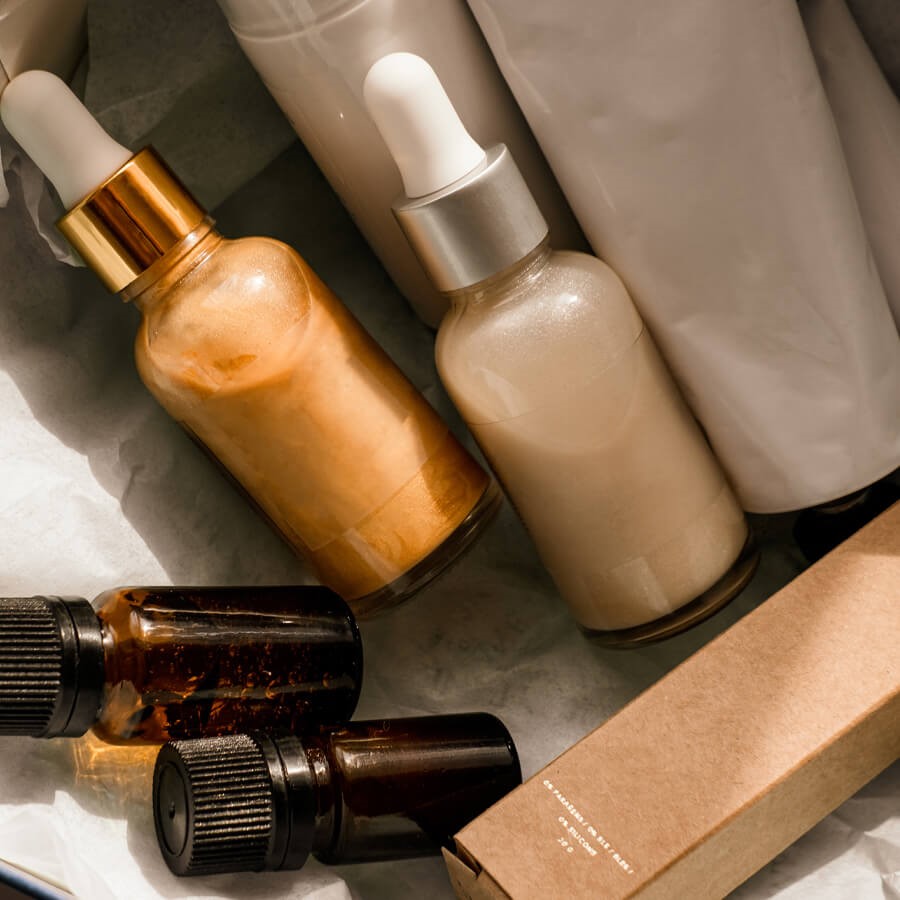
How Private Label Cosmetics Differ from Branded and Contract Manufacturing Cosmetics
Choosing an existing product from a manufacturer and adding your brand name to it is known as a private label. For instance, if you want to sell shampoo, you may locate an existing manufacturer and request that they add your design and brand to the bottle. The product’s formulation, packaging, and labeling are taken care of by the manufacturer, so you don’t have to bother about those aspects. The alternative, where you work on the formulation, packaging, and labeling of every product component, is called contract manufacturing. For instance, you can collaborate with a manufacturer to develop a unique recipe that meets your requirements and tastes if you want to sell shampoo. Additionally, you have a choice in terms of the kind of bottle, cap, label, and design. Although you have more influence over the finished result, this comes with greater accountability and cost.
Common Applications of Private Label Cosmetics
Retail Stores: By providing Branded Cosmetics Manufacturing, unique items that set their cosmetics range apart from rivals, retailers employ cosmetics private label. This gives them the ability to manage the creation of new products, packaging, pricing, and marketing to fit the brand of their business and the demographic they want to attract. Online marketplaces: Online merchants and e-commerce platforms develop their own cosmetics private label products to offer in addition to well-known names. As a result, they may provide competitive prices and have more control over the items that are listed on their website. Beauty Subscription Boxes: Products for skincare, haircare, and makeup under private labels that are specially selected and tailored for their subscriber base are included in subscription box services.
This makes the contents of the package easier to distinguish from those found at retail establishments. Salons and Spas: Hair and beauty service providers provide their customers private label items under their own brands for skincare, bodycare, and haircare. As a result, they may sell goods that enhance their offerings and bring in more money. Direct-to-Consumer Brands: Newly established cosmetics companies frequently employ private label manufacturing to launch novel formulae, ideas, and packaging under their own brand names in a timely manner. Timelines for product development are accelerated, and upfront expenses are decreased. Private label is a desirable alternative for a variety of cosmetics companies and sales channels trying to set themselves apart from the competition since it gives them complete control over the product creation process, price, and go-to-market tactics.
Related Article: Sales Statistics of Cosmetic Products in Prominent Countries
Beauty Subscription Boxes
Customers can get full-size or sample cosmetic, skincare, and haircare goods from Beauty Subscription Boxes, which are delivered on a monthly or quarterly basis. With these subscription boxes, buyers can easily discover new brands and items sent right to their homes. In order to provide their customers with a distinctive experience, several subscription box providers feature private-label items that are made just for them. In general, beauty subscription boxes give customers a well-liked opportunity to try out new cosmetics while also perhaps bringing in a steady income stream for the companies that deliver the boxes.
Introduction to Private Label Cosmetics: What Sets Them Apart
Cosmetics private label are premium goods created using an existing generic template supplied by a major producer. Next, the recipe and packaging are modified to fit the particular needs and brand of the seller—a store, an internet marketplace, or a subscription service—and its branding. Private-label products enable beauty subscription box suppliers to put together a special mix of products that aren’t available anywhere else. In order to create formulas, fragrances, and packaging that complement their brand identity and appeal to their intended subscriber base, the box service works closely with the manufacturer.
These specialized private label skincare, haircare, and cosmetics are included in the subscription box to provide customers with a unique experience that they cannot obtain by buying products separately. In the congested subscription market, the box stands out because of the exclusivity of the private label items. Furthermore, in comparison to name-brand products, the subscription provider has more control over the prices and profit margins of private-label items. This enables them to perhaps provide their members with additional value or maintain more reasonable subscription costs.
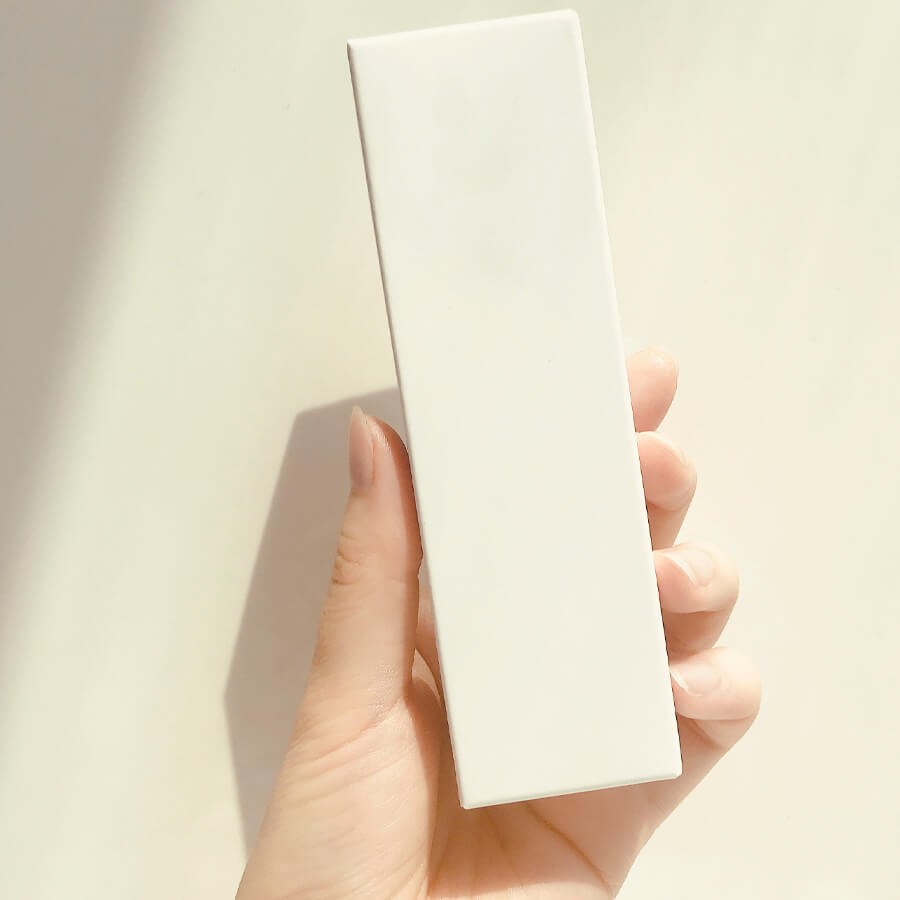
Branding and Logo Integration
Establishing a consistent brand identification system for your cosmetics private label line requires integrating your company’s emblem with other visual branding components. This entails picking and arranging typefaces, colors, shapes, symbols, pictures, and patterns with care so that they all work together to convey the personality, values, and messaging of your brand. The foundation is your logo, which is your brand’s main visual expression.
It is imperative that you carefully combine the logo with complimentary design elements, such as:. Colors: Selecting a color scheme that reflects your brand and elicits the desired reaction from customers. Fonts: To strengthen recognition, use typography that embodies the essence of your brand. Shapes and iconography: using symbolic iconography and geometric features to visually bring your brand together. Imagery: assembling a language of visuals from drawings, lifestyle images, and product shots. Your cosmetics private label line may have a complete identity system created by carefully combining these visual branding elements. Using a comprehensive strategy guarantees that your brand identity is conveyed genuinely, memorably, and consistently throughout all consumer interactions. For cosmetics private label firms to stand out, express their distinct value, and foster enduring client devotion, they must develop this multifaceted brand identity.
Advantages of Private Label Cosmetics
Customization: With a private label, you may design customized items that are suited to your target market’s tastes and your brand’s distinct character. Cost Savings: Purchasing the entire production process might result in fewer expenses than retailing goods under national brands. Profit Margins: Higher profit margins on private label products are made possible by more control over pricing and production. Branding: Consumer perceptions of your brand’s value and familiarity are enhanced by cosmetics private label. Differentiation: By offering exclusive private label goods, you may set yourself apart from rivals that use the same national names. Loyalty: Offering a distinctive private label experience can increase recurring revenue and client loyalty.
Faster Time-to-Market
The capacity of cosmetics private label to introduce new items to the market more quickly than national brands is one of its main advantages. You may expedite the launch timetable by streamlining development, manufacturing, and distribution since you have complete control over the production process. This flexibility enables you to seize seasonal opportunities, react swiftly to new trends, and deliver cutting-edge items to clients more quickly. Private labeling gives you the freedom to continuously update your variety and stay ahead of the competition, in contrast to the slower pace of large brand releases. Maintaining relevance and satisfying changing client needs, accelerating the income from the launch of new products, establishing a reputation for creativity and responsiveness for the brand, and gaining the upper hand over national brand rivals that move more slowly
Decoding Private Label Cosmetics: Essential Insights for Entrepreneurs
Cosmetics private label give business owners a way to make personalized, reasonably priced cosmetics that may strengthen their brand. To be successful, one must have a thorough understanding of the private label market, which includes: Market Dynamics: Examine market trends, target customer groups, the level of competition, and expansion prospects. Branded Cosmetics Manufacturing involves evaluating a private label’s speed-to-market benefits, quality standards, and formulation capabilities. Marketing and Branding: Create a unified system of brand identity to set your private label product apart. Operational Considerations: Assess the needs for fulfillment, production, inventory, and other logistics. Financial Modeling: Recognize the investment, profit margins, and cost structures required for a private label.
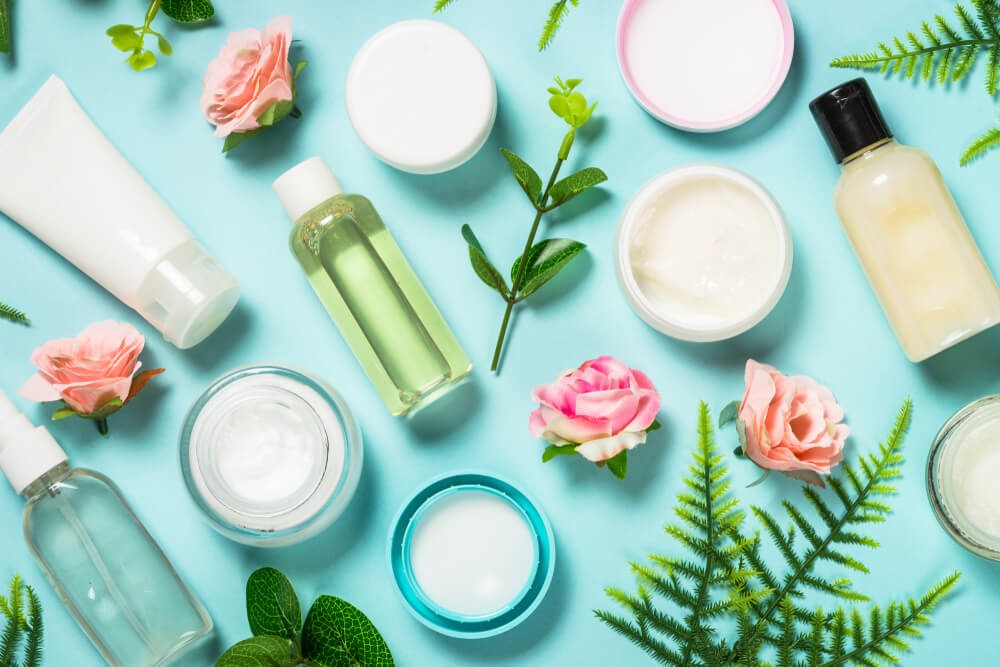
Product Selection and Formulation
When choosing a product, consider market trends, consumer demands, and rivalry. Determine opportunities and categories that are in demand. Formulation: Collaborate with knowledgeable producers, Reach quality benchmarks, tailor for brand, and maximize the ratio of cost to quality. A private label line that appeals to customers and advances your brand strategy requires careful planning and thorough research. The two main benefits are customization and quick time to market.
Flexibility and Customization Options
Flexibility includes: quick product development and releases; flexible branding, packaging, and formulas; and responsiveness to market demands and trends. Customization: personalized cosmetics product characteristics, recipes, packaging, and unique, brand-consistent experiences. Unmatched personalization and freedom are provided by private labels, which are valuable benefits for growing products, setting businesses apart, and fostering client loyalty.
Key Considerations Before Starting a Private Label Cosmetics Line
Gain a thorough understanding of the target market, rivals, and prevailing trends in the cosmetics sector. Make an investment in producing inventive, high-quality goods that set your business apart from competitors. Create packaging and a brand identity that appeals to and is memorable for your target market. In order to guarantee consistency in manufacturing and quality, look for reliable manufacturers and ingredient suppliers. Respect all applicable laws and standards set out by the industry for cosmetics. Determine the manufacturing, distribution, and marketing expenses to establish pricing that is both profitable and competitive. Create a thorough plan to market your company and successfully connect with your target audience.
Market Research and Target Audience Analysis
Market research: examine rivals’ strategies, market trends, and consumer preferences. Determine the gaps in the market that your offerings can address. Analysis of the Target Audience: Identify the psychographics, habits, and demographics of your target clientele. Recognize their requirements, pain spots, and purchase patterns. Adapt your branding, marketing, and merchandise to your intended market.


